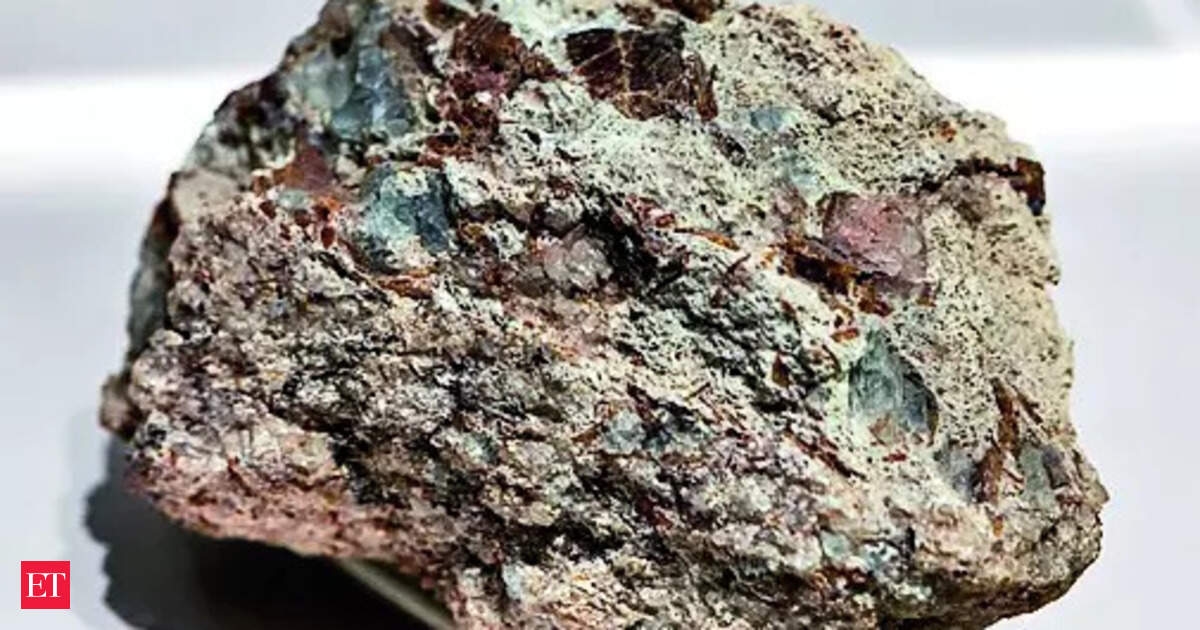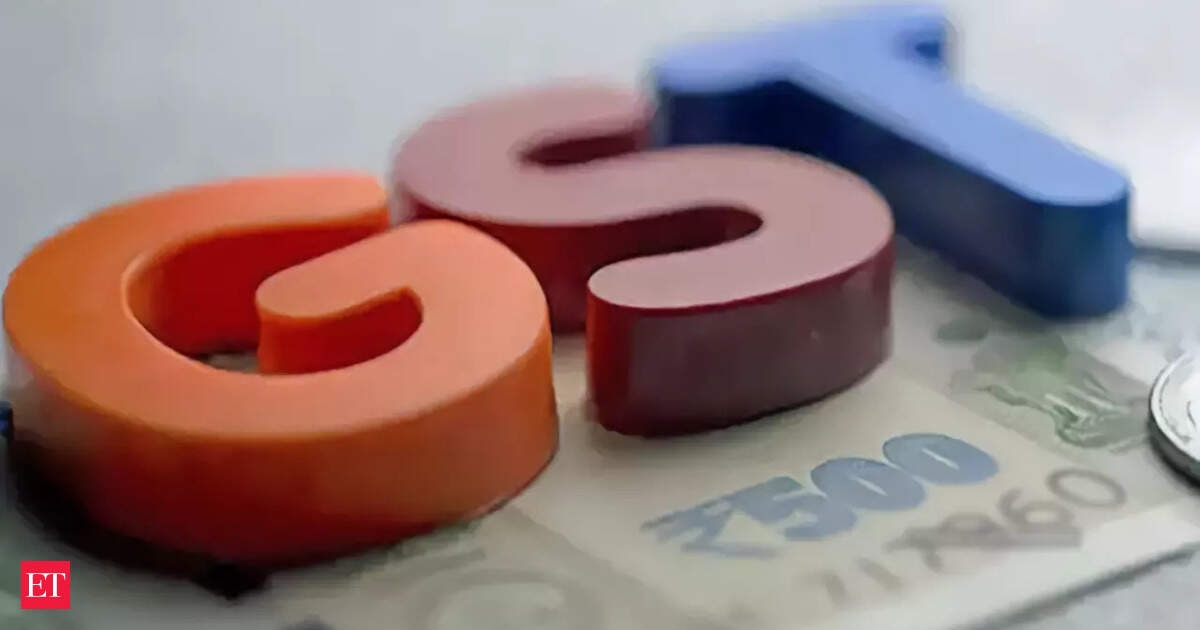Income Tax Tribunal move to back 22% tax on capital gains sparks row

Mumbai: In a bizarre decision that has spawned surprise and scorn in the tax world, an Income tax (I-T) tribunal, which is a quasi-judicial body, has backed the I-T department's move to demand 22% tax on capital gains from an entity simply because the tax applicable on it for other earnings is also 22%.The position would probably be challenged and in all likelihood be quashed by a higher court of law. But, the fear is that till then, the development could embolden some tax officials from taking a similar stand. For instance, they could claim 25% tax on long-term gains-instead of the current 12.5% (without indexation)-from sale of shares by a manufacturing company set up after March 1, 2016 because the applicable income tax rate on such a business unit is 25%.The tribunal proceedings also bring to the fore how a curious tax demand, spewed out by the I-T department's central processing unit which handles the automated and electronic processing of tax returns, can travel to the assessing officer, receive the endorsement of the commissioner of appeals, and is even upheld by a bench of the I-T Appellate Tribunal (ITAT). In case of an I-T dispute the first level of appeal lies with the Commissioner of Appeals, or CIT (A).The matter relates to a private, unlisted company which pays 22% income tax under section 115BBA of the I-T Act. For the assessment year 2021-22, it paid 20% tax on long-term capital gains, which was the applicable rate with indexation for earnings from sale of capital assets. However, the assessing officer held that the tax on long-term capital gain (LTCG) as per the particular section is 22%.This was upheld by the CIT(A), and subsequently by a Delhi single-member bench of the ITAT.After hearing from the taxpayer and the revenue department, the tribunal said, "The solitary dispute in the instant appeal is the rate of tax applicable. According to the revenue department, since, the assessee has opted for taxation u/s. 115BAA of the Act, the rate of tax applicable for the impugned assessment year is 22%. Whereas, according to the assessee, the rate of tax applicable on long-term capital gain should be 20%. Admittedly, the assessee has opted for taxation u/s. 115BAA of the Act, hence, the rate of tax applicable in respect of total income of the assessee company is 22%."Tax practitioners said the ruling overlooks the fact that Section 115BAA is 'subject to' Sections 112 and 112A that specifically govern long-term capital gains."The phrase 'subject to' signifies that the provision in which it appears is subordinate to, and must give way to, any other clauses or provisions it references. This establishes a clear hierarchy where the provision prefaced by 'subject to' is secondary and cannot override the others. The legislative framework thus indicates that the concessional rate under Section 115BAA applies to income other than those categories, such as capital gains, which continue to be taxed under their respective provisions. The interpretation that long-term capital gains are taxable at 22% under Section 115BAA, with due respect, overlooks this statutory hierarchy and the legislative intent," said Ashish Karundia, founder of the CA firm Ashish Karundia & Co.Any contrary construction not only disrupts the internal coherence of Section 115BAA but also risks creating inconsistencies across analogous regimes, such as under Sections 115BA, 115BAB prescribing concessional tax rates for manufacturing companies and Section 115BAC dealing with the new tax regime of individuals, etc., said Karundia.
economictimes





